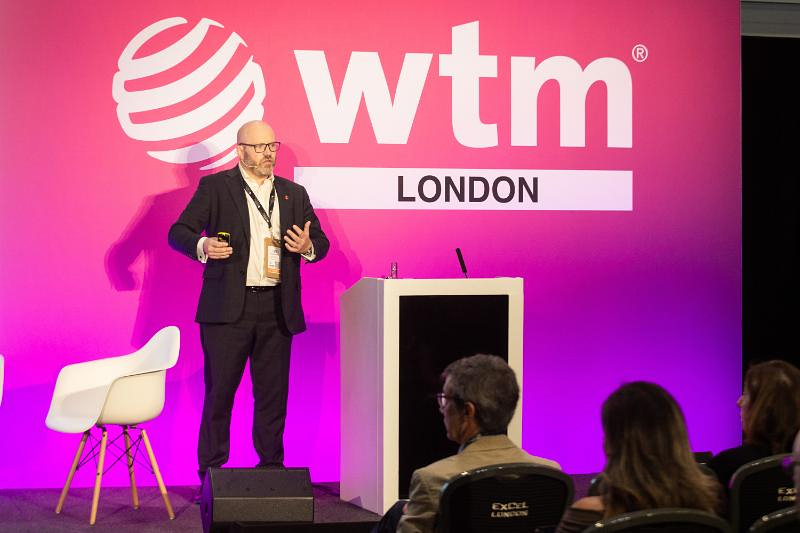WTM Global Travel Report: Travel Industry to Outpace Global Economic Growth Over the Next Decade

The global travel and tourism industry is projected to grow faster than the world economy over the next ten years, driven by emerging trends such as gigtripping, the quest for authentic experiences, and the accelerated adoption of artificial intelligence (AI). These findings come from the World Travel Market (WTM) Global Travel Report, unveiled today during the opening day of WTM London 2025.
According to the report, produced by Tourism Economics, a division of Oxford Economics, the travel sector is forecast to expand at an average annual rate of 3.5% through 2035, exceeding the expected 2.5% annual growth of the global economy. By 2035, tourism will generate more than $16 trillion, representing nearly 12% of global GDP — reaffirming travel as one of the world’s most powerful economic engines.
The data shows that international travel demand not only recovered from the pandemic disruption, but reached new heights in 2025. Global arrivals are expected to exceed 1.5 billion travelers, surpassing 2019’s previous record. Among the key behavioral shifts observed, travelers are extending their stays, particularly in the Middle East, where visit durations are now 66% longer than before the pandemic — influenced by massive investment programs in new destinations across Saudi Arabia.
Climate is now reshaping travel choices. The report highlights a growing shift away from peak-summer travel due to extreme heat and wildfires, sparking the rise of “cool-cations” — trips to cooler destinations. Countries such as Sweden, Norway, and Finland are projected to see 9% growth in arrivals in 2025, reflecting travelers’ preference for more comfortable temperatures and outdoor-focused activities.
One of the most influential demand drivers is gigtripping, a fast-growing phenomenon in which travelers plan trips around concerts and global events — from major international sports competitions to concerts like Taylor Swift’s world tour. The live events industry is projected to grow nearly 6% annually over the next five years, outpacing the broader tourism industry and injecting billions into host cities.
The report also underscores a fundamental transformation in traveler motivations: visitors are prioritizing authenticity, local culture, gastronomy, and less crowded destinations. Today’s traveler “does not only want to visit a place — they want to live it,” the report states, reinforcing the importance of meaningful, community-oriented tourism.
Technology emerges as the sector’s most disruptive force. Travelers increasingly rely on AI-powered travel planning, dynamic itineraries and personalized messaging platforms such as WhatsApp. Meanwhile, airports accelerate investments in biometric systems and smart security checkpoints. At the same time, supply growth is fueling global travel options: airlines have more than 15,000 new aircraft on order, the cruise sector expects over 38 million passengers in 2025 with 15 new ships, and hotel companies are adding 500,000 new rooms, with one million more under construction.
Despite the strong outlook, the report identifies challenges. The United States is projected to see a 6% decline in international arrivals in 2025, affected by trade policies, tariffs and inflationary pressures that are reducing travelers’ purchasing power. Yet the broader conclusion remains positive: travel is on track to become the most dynamic economic driver of the next decade, shaped by new consumer behavior, innovative technologies and the rapid expansion of new routes and destinations.














